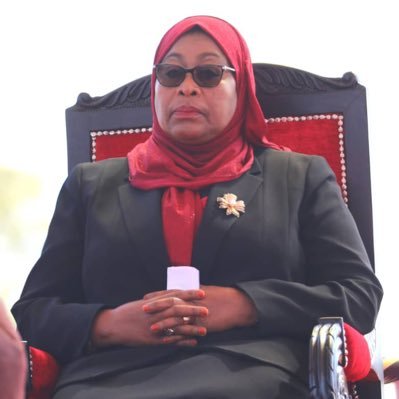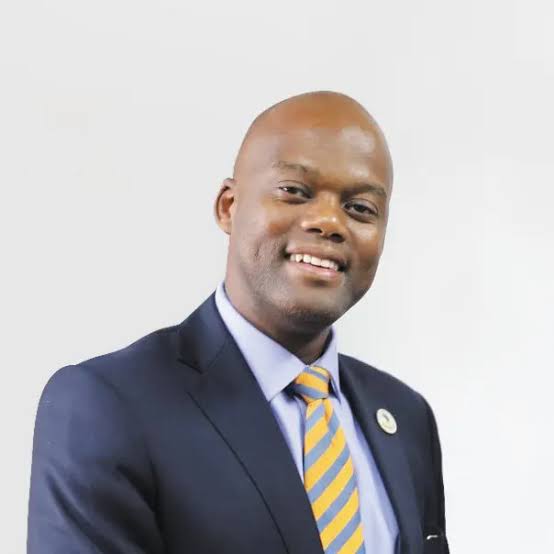COP28 Drives Finance and Global Unity for Forests and Oceans, Committing $1.7 Billion for Nature Conservation
By Kilimokwanza.org News Team
Dubai, UAE – The COP28 Presidency, in collaboration with its partners, has unveiled a series of transformative initiatives, securing an initial USD $1.7 billion in committed financing aimed at concurrently addressing climate and biodiversity objectives. Alongside this significant funding announcement, H.E. Razan Khalifa Al Mubarak, the UN Climate Change High-Level Champion for COP28, emphasized the integral role of nature in climate action, stretching from COP28 to COP30.
H.E. Al Mubarak also disclosed the UAE’s commitment to contribute $100 million in new finance for nature-climate projects, with an initial investment of $30 million towards Ghana’s ‘Resilient Ghana’ plan. Nature-rich countries, primarily in the Pacific region and vital forest basins, have presented comprehensive conservation and development strategies, supported by governments, philanthropic organizations, and multilateral development banks.
As part of the summit, a landmark ‘COP-to-COP’ partnership was announced between the UAE and Brazil, led by President Luiz Inácio da Silva, to rally partners and resources for integrated nature-climate action, culminating in COP30 in Belém.
H.E. Razan Khalifa Al Mubarak, the UN Climate Change High-Level Champion for COP28, emphasized the essential role of recognizing, supporting, and financing nature as a prerequisite for effective climate action. She stated, “This remarkable political leadership, coupled with support and finance from non-state actors, is a testament to the fundamental role of nature, not just for this COP but for all future COPs to come.”
During the session, world leaders, including heads of state and government, presented national and regional investment plans and partnerships focused on nature-climate action, aligned with the Paris Agreement and the recently adopted Kunming-Montreal Global Biodiversity Framework:
- H.E. Razan Al Mubarak announced that the UAE would contribute $100 million of new finance for nature-climate projects, with an initial investment of $30 million in Ghana’s ‘Resilient Ghana’ plan. The ‘Resilient Ghana’ initiative, launched by Ghanaian President Nana Akufo-Addo, received additional support totaling $80 million from Canada, Singapore, the United States of America, and private sector initiatives like the LEAF Coalition, augmenting the UAE’s $30 million contribution.
- Siaosi ‘Ofakivahafolau Sovaleni, the Prime Minister of Tonga, unveiled $100 million in financing for Pacific Small Island Developing States (P-SIDS) from the Bezos Earth Fund for the ‘Unlocking Blue Pacific Prosperity Plan.’ This initiative aims to protect 30 percent of the countries’ waters and exclusive economic zones by 2030, encompassing an area larger than the surface of the moon.
- A group of philanthropic organizations, including Bloomberg Philanthropies, Builders Vision, and Oceankind, pledged $250 million in new finance under the Ocean Resilience Climate Alliance (ORCA). These funds will target the protection of vulnerable marine areas, ocean-based mitigation efforts, and research on climate impacts.
- President Emmanuel Macron of France confirmed funding for three forest finance packages, including $100 million for Papua New Guinea, $60 million for the Democratic Republic of Congo, and $50 million for the Republic of Congo. These initiatives aim to drive private finance for conservation and local development through verifiable carbon credit transactions.
- Indonesian President Joko Widodo and Norwegian Prime Minister Jonas Gahr Støre highlighted a $100 million partnership in support of Indonesia’s pioneering FOLU Net Sink 2030 plan.
- The Asian Development Bank, in collaboration with the OPEC Fund, Saudi Arabia, AFD, France, and the ASEAN Catalytic Green Finance Facility at the Green Climate Fund, introduced the Nature Finance Hub. This initiative commits to mobilizing $1 billion from development partners, with the goal of attracting an additional $2 billion in private finance capital by 2030 for nature-focused climate projects.
These nature-climate initiatives are aligned with previous commitments, such as COP26’s Glasgow Leaders’ Declaration, which aimed to halt and reverse forest loss and land degradation by 2030, and the Kunming-Montreal Global Biodiversity Framework, which outlined a common framework to halt total nature loss by 2030.
Addressing nature loss is not only crucial for climate adaptation but can also lead to substantial savings, reducing adaptation costs by USD $104 billion while providing over 30 percent of the CO2 mitigation required by 2030. Moreover, approximately 50 percent of global GDP relies directly or indirectly on nature and ecosystem services, making the conservation and restoration of natural ecosystems vital for economic prosperity, with the potential to create nearly 395 billion more jobs and protect the livelihoods of 1 billion people directly dependent on nature.
World leaders at the summit acknowledged the pivotal role of Indigenous communities in ecosystem conservation. Although Indigenous Peoples make up just 5% of the global population, they safeguard 80 percent of the world’s remaining biodiversity. These communities’ knowledge and development will be central to the UAE-Brazil COP28-to-COP30 partnership, supported by elders from seven socio-cultural regions who opened the event alongside scientist Johan Rockström, emphasizing the urgency behind these announcements.
This session, held on UAE National Day, precedes the COP28 Nature, Land Use, and Ocean Day, set to highlight nature’s role as an essential tool for effective climate action on December 9th.

